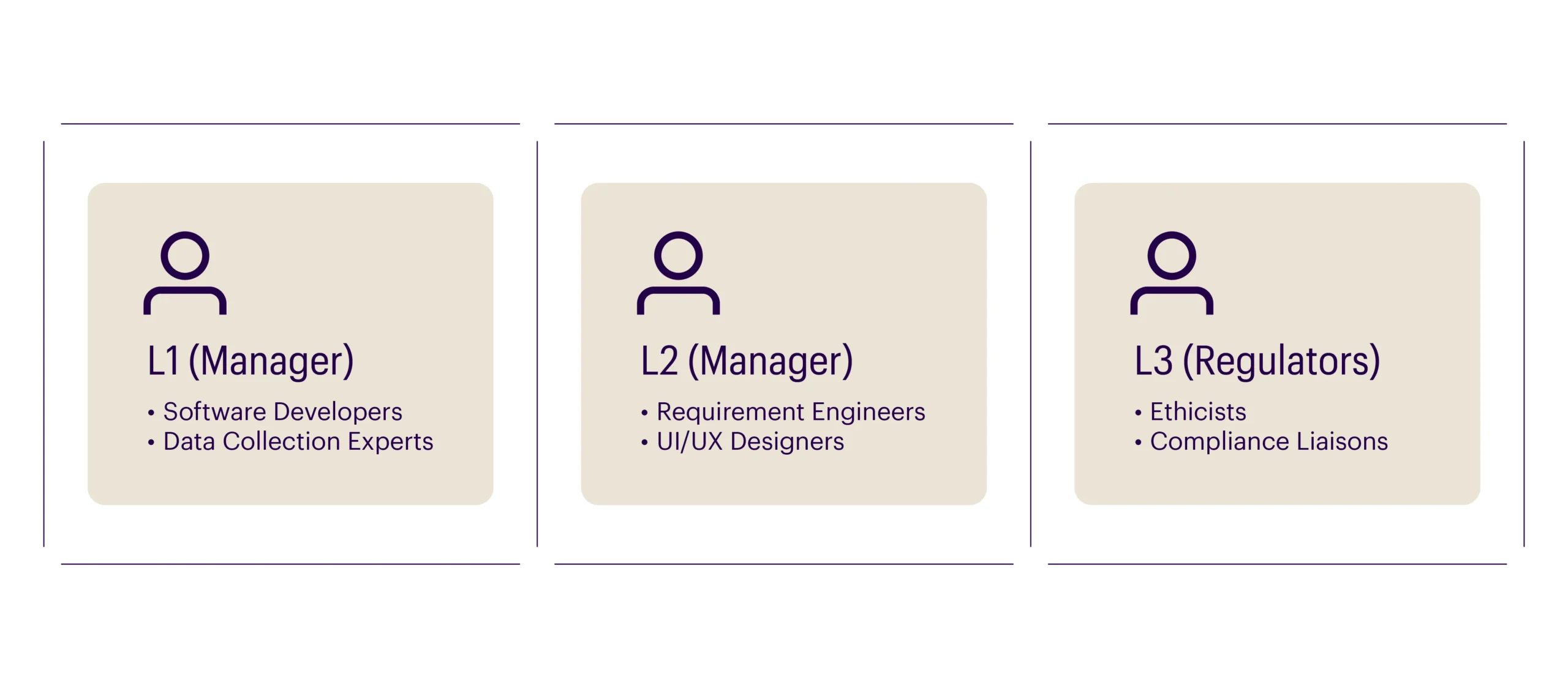The analytics sector has seen significant evolution since its inception. From manual record-keeping and static Excel sheets to making decisions in real-time, businesses are continuously transforming. Data professionals of the past were like Swiss Army Knives—multi-purpose and adaptable. Just as a Swiss Army Knife can be used to open cans, trim nails, dice vegetables, tighten screws, and more, early data scientists were expected to handle a variety of tasks.
Today, just as professional chefs or manicurists would never rely on a Swiss Army Knife, modern analytics teams are moving toward specialization. We can anticipate the emergence of even more specialized roles in the future.
To better understand this evolution, let's explore the essential roles for the analytics teams of tomorrow.
Key Roles for Future Analytics Teams:
The demand for big data-related roles is projected to grow by 5.5% annually compared to other job categories. Below are some emerging roles to watch out for:

Software Developers:
Ensuring that software is both user-friendly and well-documented is crucial, especially as analytics solutions become more product-driven. Skilled developers and testers play a critical role in creating impactful, user-centric platforms.
Data Collection Specialists:
Currently, much data is collected haphazardly. Due to collection challenges, data often comes from participants likely to respond positively, which impacts accuracy. Moreover, individuals who leave feedback typically have either highly positive or extremely negative experiences. For instance, Amazon product reviews often show a dominance of 5-star or 1-star ratings. Netflix abandoned its five-star rating system for this very reason, favoring percentage-based content matches instead. The focus is shifting toward improving data accuracy.
Requirement Engineers:
Data science solutions need constant refinement due to evolving business needs and dynamic consumer preferences. Requirement engineers play a vital role in identifying subtle user needs and formulating actionable delivery strategies.
UI/UX Designers:
Stakeholders may not always be aware of their platform requirements. Designers have an intuitive ability to create user-friendly experiences. The level of empathy shown by UX designers often determines how effectively a platform engages its users.
Compliance Specialists:
Since the introduction of GDPR in May 2018, data regulations have become more stringent, with additional regulations expected in the future. Europe has been leading the charge in safeguarding its citizens' data. As other regions follow suit, understanding legal and compliance requirements is no longer optional—it's mandatory for organizations handling customer data.
Ethicists:
In 2018, numerous data breaches and scandals highlighted the ethical implications of data collection and customer behavior tracking. The Cambridge Analytica scandal revealed that users were informed about data collection but not its intended use. This raised concerns about the legitimacy of democratic processes in the U.S. Ethicists can help prevent public relations disasters by fostering a better understanding of consumer sensitivities and promoting ethical data practices.
Conclusion:
The era of the organizational Swiss Army Knife is coming to an end. The future promises endless opportunities for specialization and productivity enhancement. Is your team ready for this transformation?
Resources:
Ramachandran, Shalini, and Joe Flint. "At Netflix, Who Wins When It’s Hollywood vs. the Algorithm?" The Wall Street Journal, November 12, 2018. https://www.wsj.com/articles/at-netflix-who-wins-when-its-hollywood-vs-the-algorithm-1541826015.